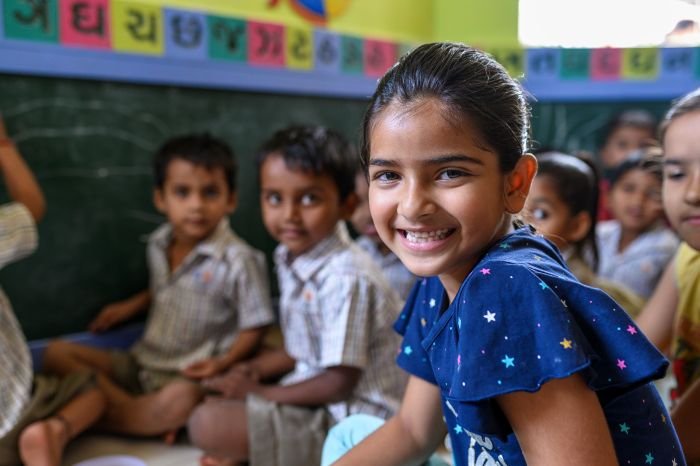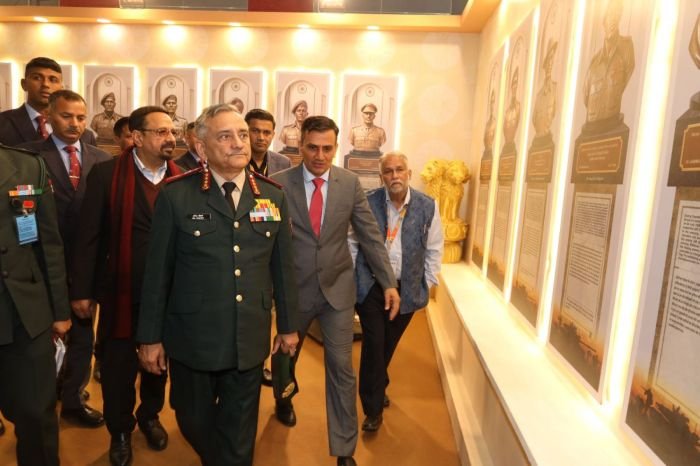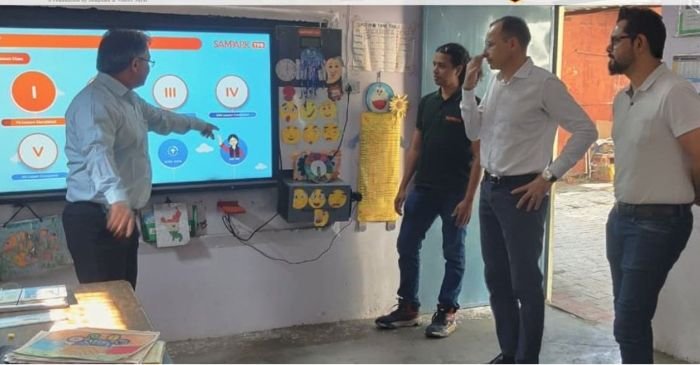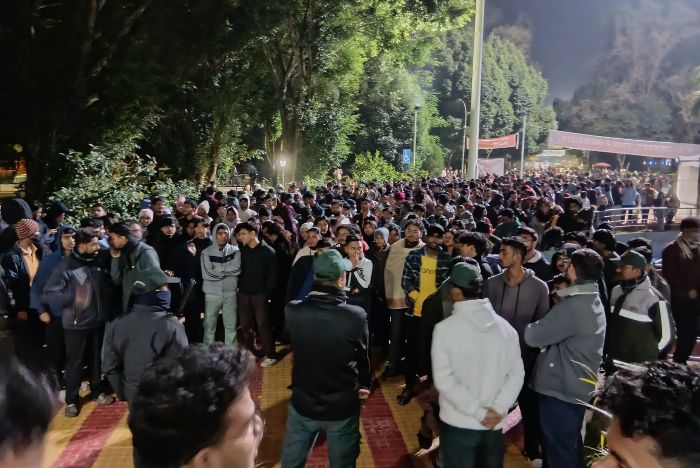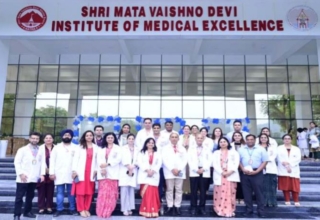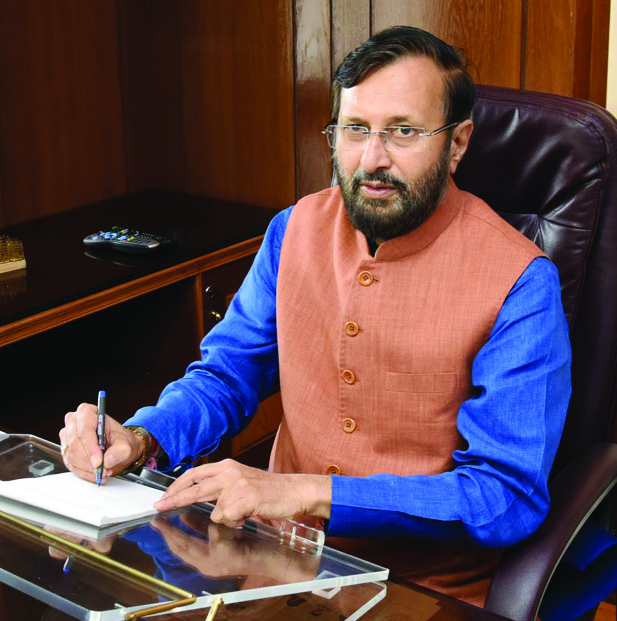
When Prakash Javadekar took charge of country’s human resource development (read education) ministry in July 2016, there was a general consensus among opinion leaders if not celebration that India’s education is in safe and detectors hands. The delay in announcement of the New Education Policy was seen an attempt by him to broaden its consultation in the first place bureaucratically carried out by his predecessor. Well, we must still believe that as and when the policy is announced, it reflects what India wants: education driving nation’s development goals. And if this is a youth nation, then that is expected in national interest.
The education agenda of the country outside this yet to be known policy framework is incoherent, directionless and above all not spelt well enough. There is an education for all vision 2030 adopted by UNESCO to which India is a signatory. Also, the UN’s Sustainable Development Goal (SDG) number 4 is about education. In our won country we have Right to Education law. India’s success is education as a country is admirable. Its system is mammoth and delivering. We have successes comparable to anywhere in the world though most of this goes unreported.
In nutshell, there is a lot of positivity associated to education sector in India. But our top political leaders have failed to build and lead opinion from this position. As an offshoot of economic reform process, there is a valiant effort to turn education into an industry and most of times our leaders play into some hidden hands. Be this by way of only technology talks or otherwise, the broad education agenda doesn’t receive attention. Much of country’s energy should be revolving around teachers, how to identify teacher talent, how to groom it and how to fill huge number of vacancies at all levels. This should have become a public discourse. Now the voiceless children have victims of this failure and they have to shoulder quality of education through sitting in exams. Integration of skill education into mainstream education should have happened by now. And for a long time now, country’s HRD ministers limit themselves to its administrative and autonomous units and never go national to galvanize states into action.
Even in its own affiliates, implementation of basic orders is not routine. For instance, in 2015, the ministry passed an order for allowing admission of children of Kashmir migrants into Central Schools of KVS till further orders. But in 2017 admission guidelines of KVS there is not a single world on this. Schools don’t admit these children. Similarly, in 2004, it floated a scheme for students from Kashmir to sponsor their education in premier institutions outside the state and denies the same to the displaced students. The result, the later have to spent meager income on mediocre private education. Instead if the government had thought of exchange programs from secondary level onwards, the youth situation that exists in the valley today, might had been somewhat different,
The government must get its insight, implementation and priority right and dispel ‘chalta hai’ affair in education and perceptions among politicians as Haryana’s Education minister put it recently as not lucrative.


